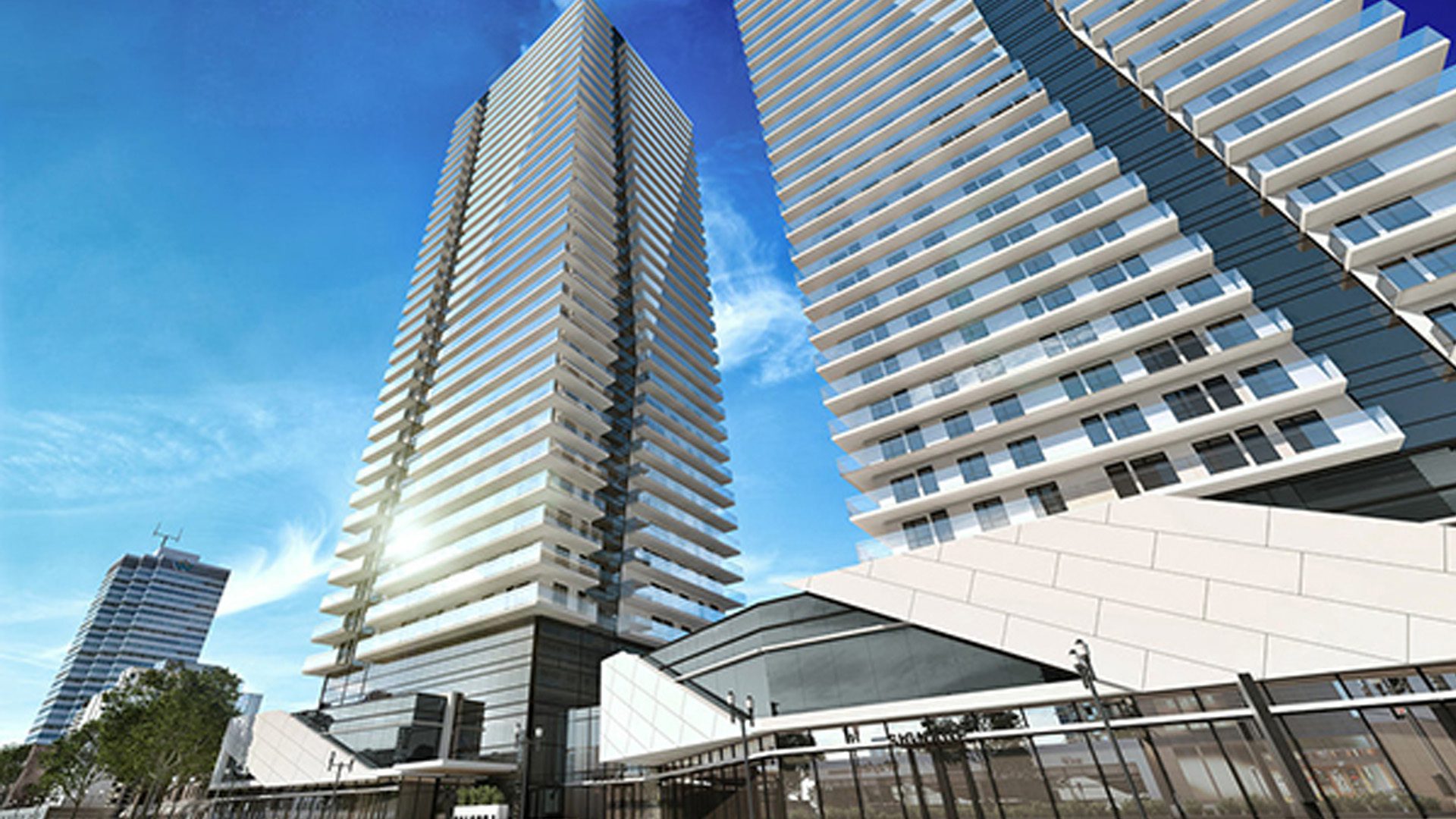SarcasticMarmot
Active Member
That is a helpful specific, my knowledge of the business side is definitely surface level. I am mostly trying to understand the problem. However, I think the core issue is the same. Something is very broken in our commercial real estate market when a high value, empty commercial unit in the center of the city is worth more empty than being used. It hurts our communities and it kills our small business creativity.I think a factor people don't often consider is offering a lower lease will immediately affect valuation of property if attempting to sell the property in the short term. Poor leases may offer some immediate cash flow but ultimately cause a greater net loss.
I am not against private ownership of land by any means, but we have gone so far down the rabbit hole of property's main purpose being as an investment vehicle that we are killing our communities. Land's first function should be as a a part of our community, for people to live, work, and recreate. If it is sitting vacant, something is broken. And alot of space in our city is sitting vacant. I don't know the solution, but the status quo is bad and it will take smarter people than me to fix it, if we even try.



